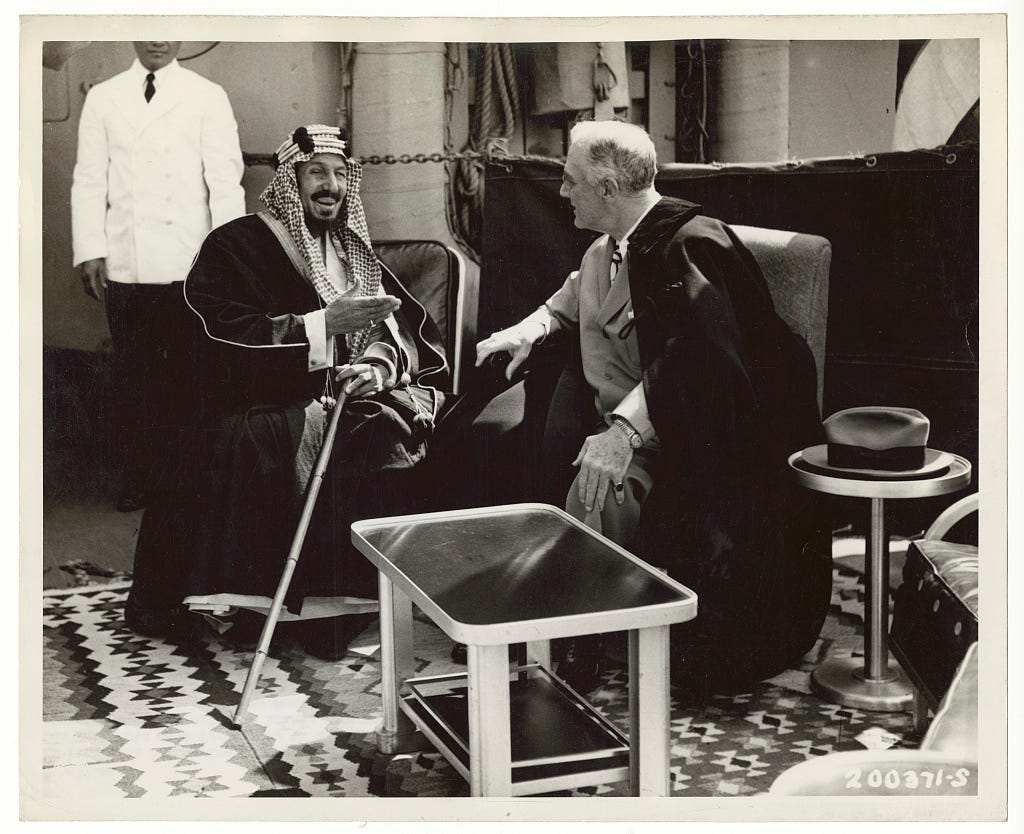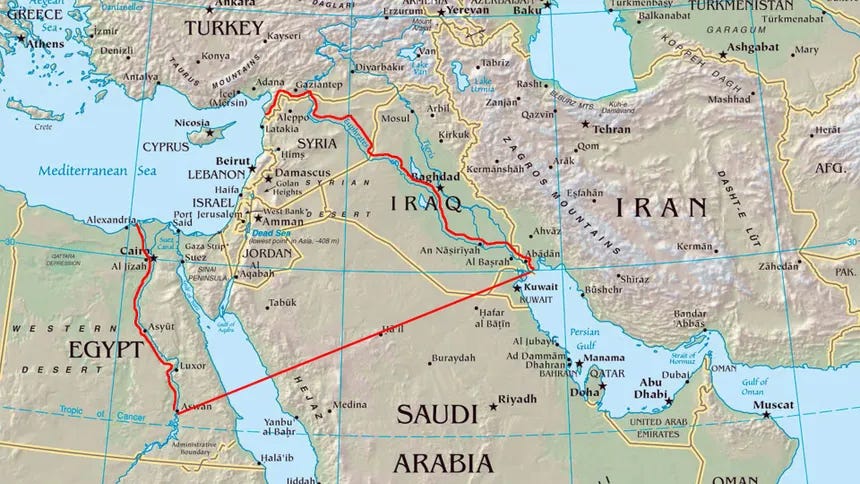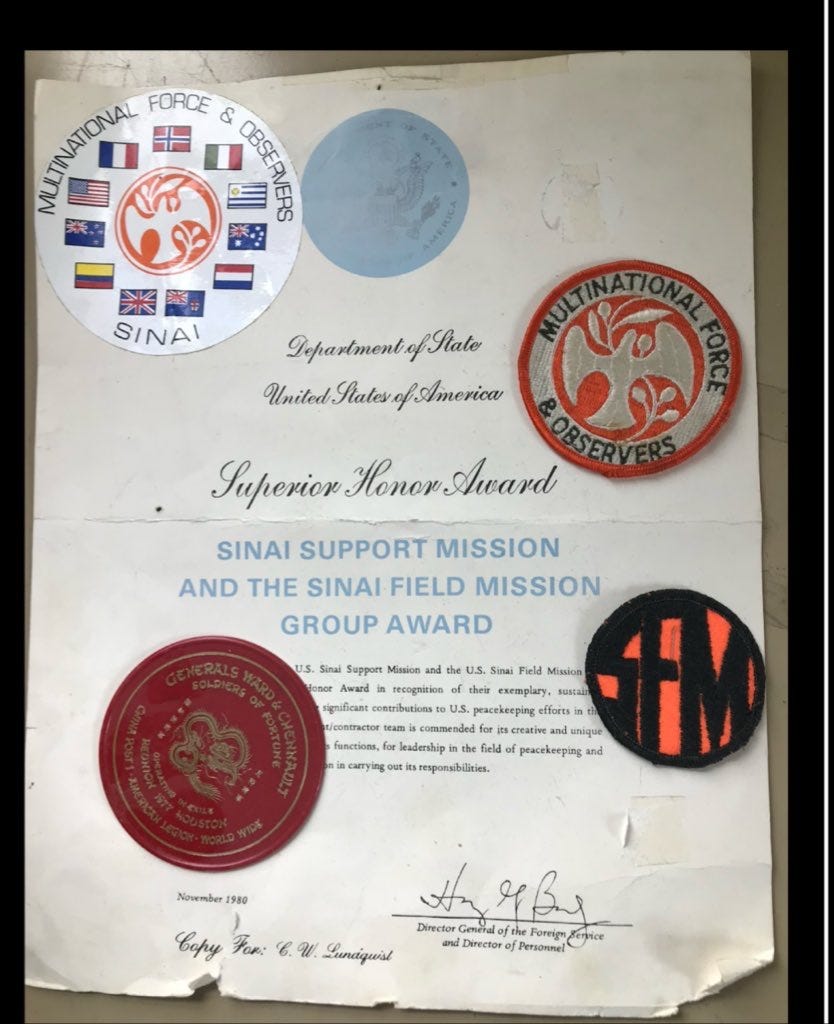The Other Binational Security States Imagined and Real
What might an American Riviera in Gaza look like?
We’ve talked at length about Israel’s bid to make a “binational security state” whereby Israeli tech is deeply embedded into American technology.
And how’s that working out for us? Not well if the reports of Israeli avionics causing crashes are to be believed. At the time of this writing there’s another crash — this time of a Navy jet in San Diego. My goodness. Four plane crashes? The NVCD system is used by aviators flying the F/A-18 and E/A-18G platforms. Thanks IDF!
Microsoft, too, is proving leaky, especially when you consider its essential role in a lot of federal infrastructure. You’re not supposed to look too closely at the concerted efforts to infiltrate Israelis from Unit 8200 into our major tech companies.
These are the commanding heights of the American economy and it would be naive to think that they wouldn’t be penetrated by a foreign power which has shown its patience and resilience and massive integration into the supply chain.
Yes, we’ve been over this and we needn’t go too hard on it but still I wonder:
Are there other binational security states? Could there be? Might there be a number of Arab players in the region who change the balance of power in the Middle East by changing the tech stack in America?
What might the companies that come out of that arrangement look like?
I’ve placed a few bets here myself. I suspect it’ll be not be General Atomics which rained hellfire but solar powered plane Skydweller, not stock fraud Tesla but efficient Aptera, and not 23&me or MyDNA but Traitwell. You’ve got to get correct the other side of the trade and that requires being farsighted.
Of course the financing of these companies should come from the diasporas of other countries or they could from other regional players who imagine a different world than petrostate politics and mass surveillance states.
It would, in other words, require vision. We had quite a bit of vision not so long ago.
This week marks 80 years since the emergence of historic President Franklin D. Roosevelt met with Saudi King Abdul Aziz Ibn Saud on an American cruiser, the USS Quincy, in the Suez Canal. The symbolism was hard to miss. Here was the first conversation in a long running conversation that guaranteed the petrostate as the world’s reserve currency.
Today the American-Saudi alliance is fraying. No one really believes the Saudis have the oil reserves they claim. That goes doubly for the American-Emirati alliance where oil has given way to smuggling, trafficking and tax evasion as the key sectors. Both the Kingdom and the Emirates are trying, in vain, to position themselves as leaders of the Arab world. It isn’t working because it isn’t serious.
You can see the announcements of billions in investments from Qatar and the UAE into France’s emerging data center project as a sort of bribe for France and by extension the United States not to look too closely at what’s been going on.
Maybe we got it all wrong in relying on these oil and gas rich Gulf countries.
After all, neither Saudi Arabia nor the United Arab Emirates were our first allies in the Middle East. That distinction fell to Morocco and Oman. Maybe it’s with them that we should renew our earlier ties of friendship.
There aren’t many sovereign wealth funds which aren’t captured. That’s the real story of Billion Dollar Whale (2018) about the Chinese-Malaysian guy who had compromised the Malaysian sovereign wealth fund. Don’t we all know that Jho Low is in China?
In fact I’ve come to see the Abraham Accords as a similar effort to permit the Israelis to grab a hold of the Bahraini, Moroccan and Emirati sovereign wealth funds for their own purposes. None of this would work, of course, but it would make a bunch of people feel good in the foreign policy establishment while those sovereign wealth funds were being raided by Israeliens.
You could imagine a sovereign wealth fund becoming America first because it had to be. You could imagine a country where geographic necessity makes an alliance with America essential. A country that would be afraid of Iranians or Indians or Chinese coming in and seizing their oil wells.
What might an indispensable ally look like?
I leave you with a vision of an alliance that could happen again.
President Jackson’s emissary Edmund Roberts arrived in Zanzibar in October 1827. Before long he was given an audience with the sultan.
The new sultan — Said bin Sultan, Sultan of Muscat and Oman — was desperate to counterbalance British influence in the region. He sought above all else to preserve his empire.
Roberts and the sultan signed the “Treaty of Amity and Commerce,” the first bilateral accord between America and an Arab Gulf state. There was quite a bit of hope of trade and alliance.
Eventually, though, the British came to dominate Oman, a shadow from which it has only recently shaken.
America hasn’t always appreciated Oman. We sent Jared Kushner there, after all.
In his book, Breaking History: A White House Memoir, Kushner mentions his Muscat visit and its opulence. (What a strange title for a memory. Is Kushner summoning his friend Mark Zuckerberg and moving fast and breaking things?)
The Sultan, to his credit, kept Kushner waiting and kept him and Brian Hook and Avi Berkowitz up most of the evening. I, too, find its useful to keep people up to try to get the truth out of them. Hook has since been abandoned by Trump when the President withdrew his security detail and Avi Berkowitz seemingly still works for Jared Kushner at his strange venture fund. No ethnic nepotism here!
Anyway Kushner’s recollection of the conversation with the late Sultan Qaboos, a founding member of the Gulf Cooperation Council and a great modernizer of his country, is worth paying attention to because the Omani sultan was making it abundantly clear: Normalization between the Arab world and Israel can only take place when the dignity of the Palestinians is respected.
Kushner quotes the Sultan thusly: “I feel badly for the Palestinian people. They carry with them the burden of the Muslim world.”
Kushner, being Kushner, drew the wrong lesson from Sultan Qaboos. He asked himself who appointed Abbas to be leader of the Palestinians if that weight was so large.
The answer is that the Israelis appointed Abbas, in much the same way that they appointed Hamas. Israel is not interested in a Palestinian nation or even the Palestinians existing as a people.
We should take seriously the increasingly numerous religious Israelis and their demands to have a greater Israel.
especially as those increasingly religious Israelis commit war crimes in Gaza and throughout the Middle East. As the ethicist Andrew DeCort notes Moses was very much into genociding the Cananites. We’ve heard Benjamin Netanyahu talk about the Armenians as Amalek and therefore deserving of slaughter.
There are ways of pushing back here, ways which have been informed by other American efforts in the Middle East. Maybe that’s what Trump had in mind when he imagined America participating in Gaza? It’s hard to say.
My own grandfather, Colonel Carl Lundquist, was involved in the Sinai, working on radar systems. He served with the American Field Mission in the Sinai Desert from 1975 to 1983 under the State Department.
Grandpa later went to go work for E Systems, long rumored to be a CIA front.
What worked then could work now. We could monitor every aspect of the Middle East in real time with our robust constellation of satellite and drone technology.
You could imagine satellites flying over the Middle East constantly taking pictures of anything and everything.
Do we really know what happened what happened on October 7th?
Maybe we should put the entire region under surveillance for its own protection, of course.







You neglect to mention that the US vigorously supported Sa'udi claims on Omani territory (the Liwa Oasis) during the 50s. US also played a sinister, though very discrete, role at the UN over the imamate uprising shortly afterwards.
The UK, however, backed Oman steadfastly over the Liwa Oasis, to the great relief of the ruling families across the entirety of the Gulf. UK again helped out over Dhofar.
Haitham Bin Tariq well aware of his grandfather's views on Palestine. Their relevance could not be greater today, given what we now all know about USAID.